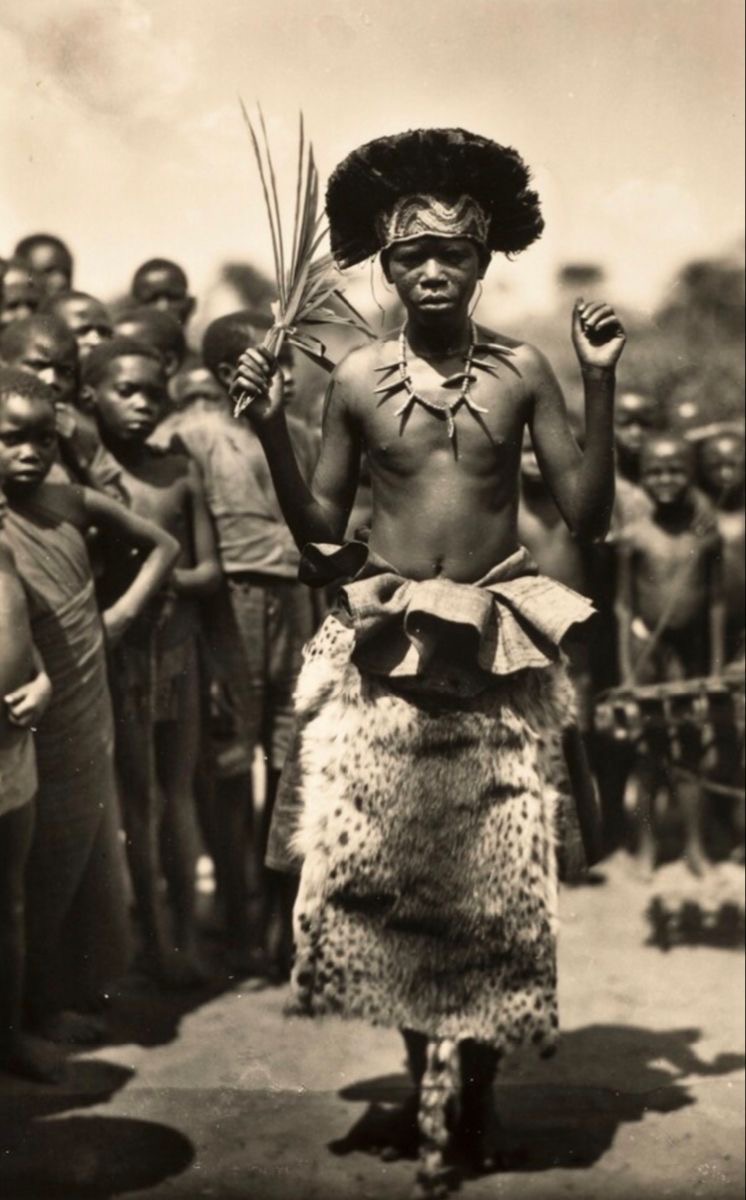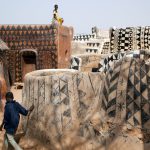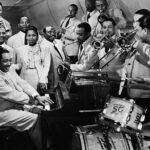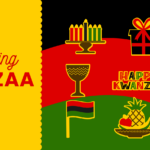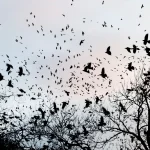A sorcerer is typically depicted as someone who practices magic, often with a focus on using mystical powers for personal gain or to manipulate the natural world. They’re often portrayed as mysterious and powerful individuals in folklore, mythology, and fantasy stories.
African sorcery, like sorcery in many other cultures, has deep roots in traditional beliefs and practices. It varies greatly across different African cultures and regions, often incorporating elements of animism, ancestor worship, and indigenous spiritual systems. These practices can include rituals, ceremonies, and the use of herbs, charms, and incantations to manipulate spiritual forces or achieve desired outcomes. The specific origins of African sorcery are diverse and complex.
African sorcerers often performed a variety of tasks for their communities, depending on the cultural context and the specific needs of the people. Some common tasks performed by African sorcerers include:
- Healing: Sorcerers were often sought out for their ability to heal various ailments using herbal remedies, spiritual rituals, and traditional medicine.
- Protection: Sorcerers were frequently called upon to provide protection from evil spirits, curses, and malevolent forces through the use of charms, talismans, and spiritual rituals.
- Divination: Sorcerers practiced divination to help individuals and communities gain insight into the future, make important decisions, or understand the root causes of problems.
- Rituals and Ceremonies: Sorcerers conducted rituals and ceremonies for various purposes, such as fertility rites, initiation ceremonies, and rites of passage.
- Mediation and Conflict Resolution: Sorcerers often served as mediators in disputes within the community, using their spiritual knowledge and authority to resolve conflicts and restore harmony.
These tasks were integral to the social and cultural fabric of many African societies, where sorcerers played important roles as spiritual leaders, healers, and advisors.
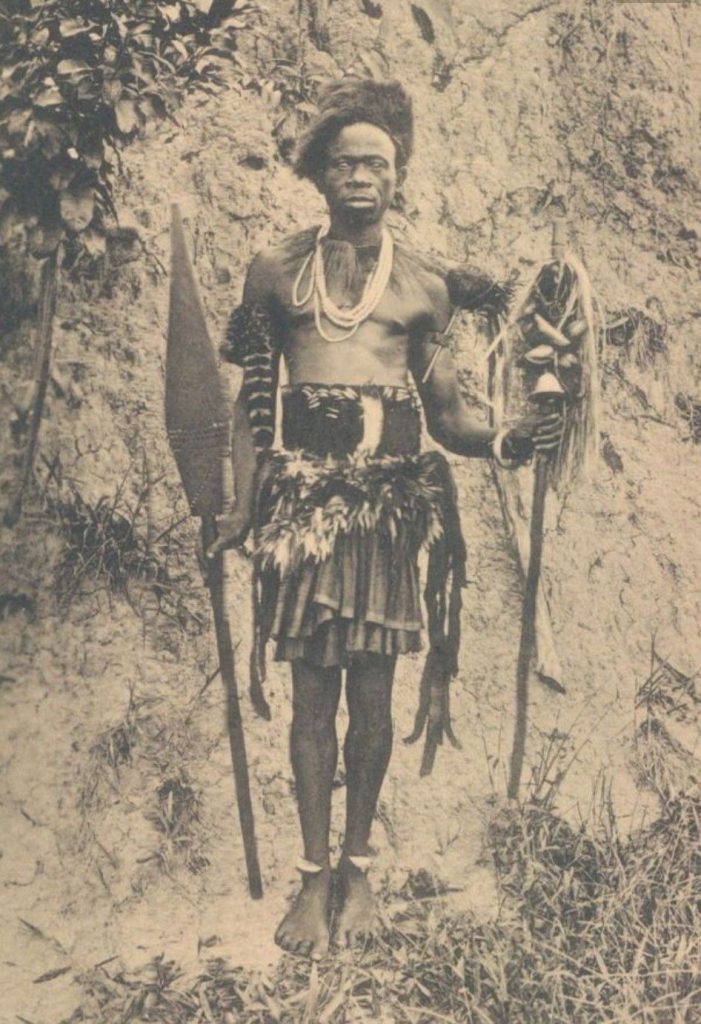
Demonization of Sorcery in Africa
The demonization of sorcery in Africa is a complex and multifaceted phenomenon that has evolved over centuries and varies widely across different cultures and regions. It’s challenging to pinpoint an exact moment when this demonization began, as it likely emerged gradually over time due to a combination of factors such as the influence of outside belief systems (e.g., Christianity and Islam), colonialism, and changes in social and political structures.
The demonization of sorcery intensified during the colonial period when European powers imposed their religious and legal systems on African societies. Christian missionaries often condemned indigenous spiritual practices, including sorcery, as pagan or demonic, seeking to replace them with Christianity. This contributed to the stigmatization of traditional beliefs and practices associated with sorcery.
Additionally, as African societies underwent social and economic changes, traditional authority structures were disrupted, leading to power struggles and conflicts. In some cases, accusations of sorcery were used as a means of social control or to scapegoat individuals for societal problems, further contributing to the demonization of sorcery.
Overall, the demonization of sorcery in Africa is a complex historical process shaped by cultural, religious, political, and social dynamics.
Some great African Sorcerers of Old
There are many figures in African history who are renowned for their mystical abilities and spiritual leadership. Some of the most famous African sorcerers and spiritual leaders include:
- Mambo Marie Laveau: A legendary figure in New Orleans Voodoo, Marie Laveau was a powerful practitioner of African spiritual traditions blended with Catholicism. She was known for her healing abilities, divination skills, and influence in the community.
- Nganga Nzumbi: A revered Nganga (healer) and spiritual leader in the Kongo Kingdom during the 17th century, Nganga Nzumbi was known for his knowledge of herbal medicine, divination, and spiritual rituals.
- Credo Mutwa: A South African traditional healer, author, and spiritual leader, Credo Mutwa was widely respected for his knowledge of African mythology, healing practices, and spiritual teachings.
- Queen Nzinga: While not strictly a sorcerer, Queen Nzinga of the Ndongo and Matamba Kingdoms (modern-day Angola) was known for her political acumen, military prowess, and spiritual leadership, which included consulting with spiritual advisors and engaging in rituals to protect her people.
- Samory Touré: A powerful West African leader and military strategist, Samory Touré was also known for his spiritual beliefs and practices, which included consulting with diviners and spiritual advisors for guidance in battle and governance.
These figures represent just a few examples of the rich tradition of sorcery and spiritual leadership in African history. Their legacies continue to inspire and influence spiritual practices in Africa and beyond.
The world isn’t just physical. There are many things we still don’t know yet. As black people, knowing our past and our ancient practices can give us alternative route in searching for our personal answers. Whatever sorcery was and is now , it was and still is useful to some people. Magic can be black and it’s definitely is.
References:
- Ashforth, A. (2005). Witchcraft, Violence, and Democracy in South Africa. University of Chicago Press.
- Comaroff, J., & Comaroff, J. L. (1999). Occult economies and the violence of abstraction: notes from the South African postcolony. American Ethnologist, 26(2), 279-303.
- Herskovits, M. J. (1972). The Myth of the Negro Past. Beacon Press.
- Middleton, J., & Winter, E. H. (2018). Witchcraft and sorcery in East Africa. Routledge.
- Parrinder, G. (1962). Witchcraft: European and African. Faber & Faber.

